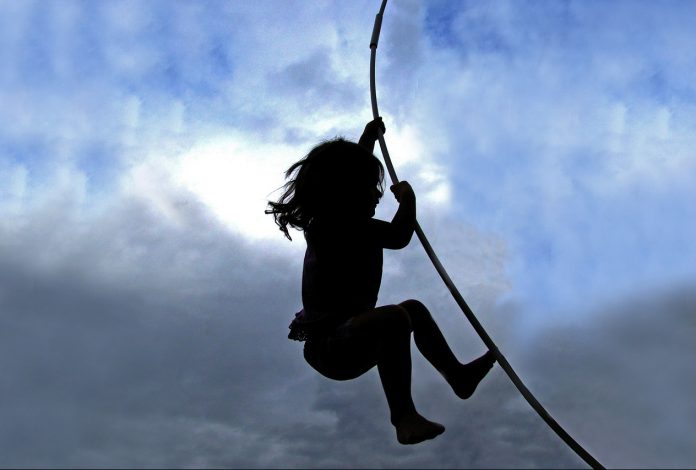
(adapted from outsideplay.ca by Calgary NW Early Childhood Coalitions)
Play is a basic childhood need, and taking risks is a necessary part of that play. Whether jumping in a pile of leaves, climbing trees, or playing street hockey, children are often happiest when playing. These kinds of experiences are a lot less common for kids today. Our worries and desire to protect our kids can result in setting too many limits on them, which can interfere with healthy development. Risky play (or what used to just be called ‘play’) can take many different shapes, but always involves the thrill and excitement of testing yourself, pushing limits, and finding out what happens.
These are some of the types of play that are deemed ‘risky’:
- Playing with heights
- Playing at high speeds
- Playing with tools
- Playing near elements
- Playing with a perceived chance of getting lost
- Rough and tumble play
Increasingly, research is showing that risky play is important for children’s health, development, and wellbeing; kids can build resilience, self-esteem, become more physically active, develop their social skills and self-confidence, and learn how to manage risks and keep themselves safe.
Did you know?
- Just 37% of children play outside everyday
- Only 7% of kids under 10 are allowed to go out on their own
Want to learn more about how your children can get their risky play on? Check out: https://outsideplay.ca/
If you are passionate about children and their future, and would like more information about the Calgary NW ECD Coalitions, or if you have any questions, please email us at: [email protected].








